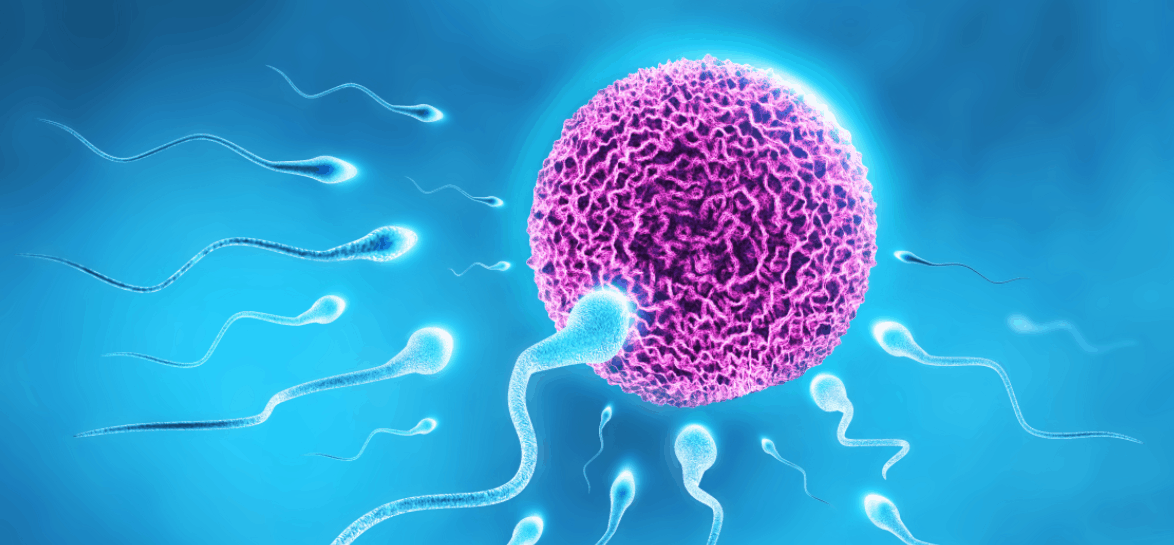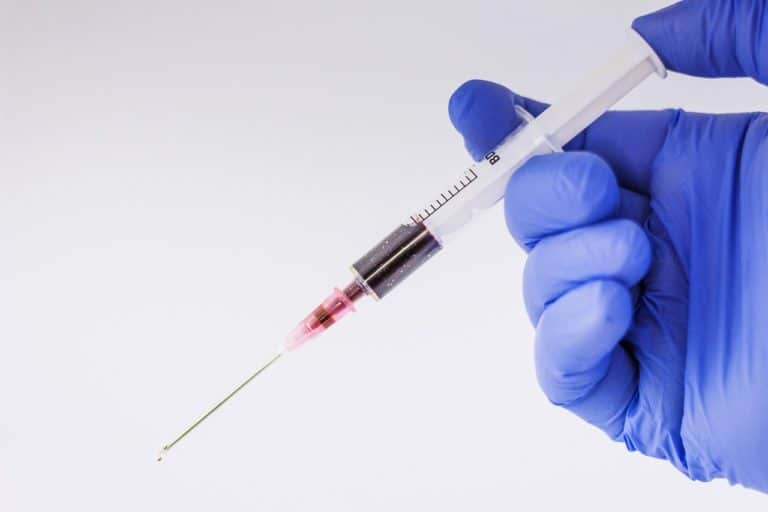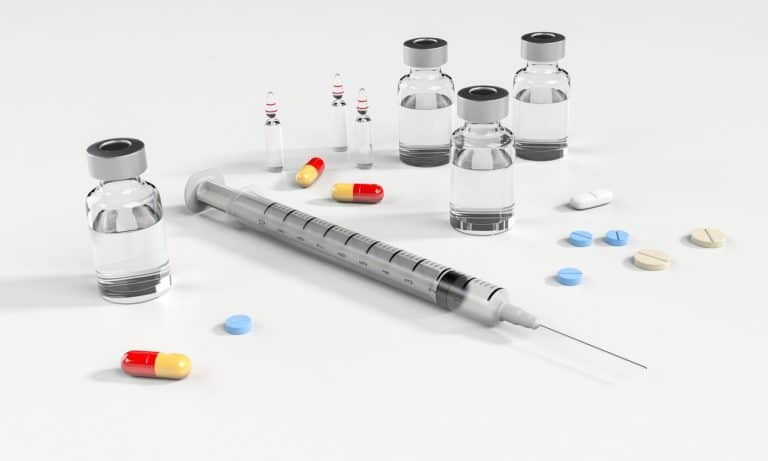A recent study verified what researchers suggested 24 years ago: that sperm concentration and the percentage of normal-looking sperm are declining dramatically. What are the reasons for these changes in the viability of sperm? A first-of-its-kind study from Harvard researchers has identified one reason and explains how diet can affect sperm count and quality.
First, however, let’s look at what’s happened to the state of sperm over the past few decades.
What has happened to sperm over the past decades?
In a French study published in 2013 in Human Reproduction, the investigators studied more than 26,000 men over a 17-year period. They found a 32.2 percent “continuous decrease in sperm concentration” over the study period as well as a significant decline in the percentage of normal-looking sperm. That’s not good news, since these factors can have a significant effect on fertility as well as the health of any resulting children.
There’s more. A Danish investigative team found that a man’s sperm concentration is associated with mortality. Among 43,277 men without azoospermia (having no measurable amount of sperm in semen) who had been referred to the Copenhagen Sperm Analysis Laboratory for infertility problems, mortality declined as a man’s sperm concentration increased.
In addition, as the percentage of motile and normal-looking sperm increased, the chances of dying decreased. Therefore, having healthy and abundant sperm is associated with better life expectancy and overall male health.
How does diet affect sperm?
One step all men can take to help preserve the viability of their sperm is to follow a few dietary recommendations based on the findings of two studies: the Harvard study already mentioned, which involved less than 100 men; and a larger (701 men), subsequent study appearing in the American Journal of Clinical Nutrition:
Limit intake of saturated fat. The greater your intake of dietary saturated fat, the lower the sperm count. Overall, the authors found that men who had the highest percentage of energy from saturated fat also had about a 60 percent lower concentration of sperm and total sperm count when compared with men who had the lowest intake of saturated fat.
In addition, Michael Gregor, MD, has suggested that the sex steroid hormones found in animal foods such as meat, dairy, and eggs may be a reason for the association between declining sperm counts and intake of saturated fat.
Increase intake of omega-3 fatty acids. These healthy fats are associated with more normal-looking sperm. Excellent sources include fatty fish such as salmon, sardines, and walnuts, as well as high quality fish oil supplements.
Greater intake of fruits and vegetables, which are important sources of antioxidants, including vitamin C. Sperm are extremely susceptible to free radical damage, therefore maintaining high intake of antioxidants is critical for viable, healthy sperm. This appears to be especially true of vitamin C, which is nearly 10 times more concentrated in the testicles than anywhere else in the body. Apparently the balls know how to defend themselves against free radical damage.
More focus on foods rich in micronutrients. A study appearing in Fertility and Sterility examined the dietary and supplement intake of micronutrients (vitamins C and E, beta-carotene, folate, zinc) to determine their impact on sperm DNA damage. They found that older men (older than 44) who had the highest intake of these micronutrients (except beta-carotene) had significantly less sperm DNA damage.
Overall, to support and maintain viable, healthy sperm, a largely plant-based diet that includes lots of items high in antioxidants and micronutrients as well as some foods rich in omega-3 fatty acids is recommended.
References
Carlsen E et al. Evidence for decreasing quality of semen during past 50 years. BMJ 1992 Sep 12; 305(6854): 609-13
Greger M. Dairy estrogen and male fertility. 2014 Nov 3; 21
Jensen TK et al. High dietary intake of saturated fat is associated with reduced semen quality among 701 young Danish men from the general population. American Journal of Clinical Nutrition 2013 Feb; 97(2): 411-18
Rolland M et al. Decline in semen concentration and morphology in a sample of 26,609 men close to general population between 1989 and 2005 in France. Human Reproduction 2013 Feb; 28(2): 462-70
Schmid TE et al. Micronutrients intake is associated with improved sperm DNA quality in older men. Fertility and Sterility 2012 Nov; 98(5): 1130-3







